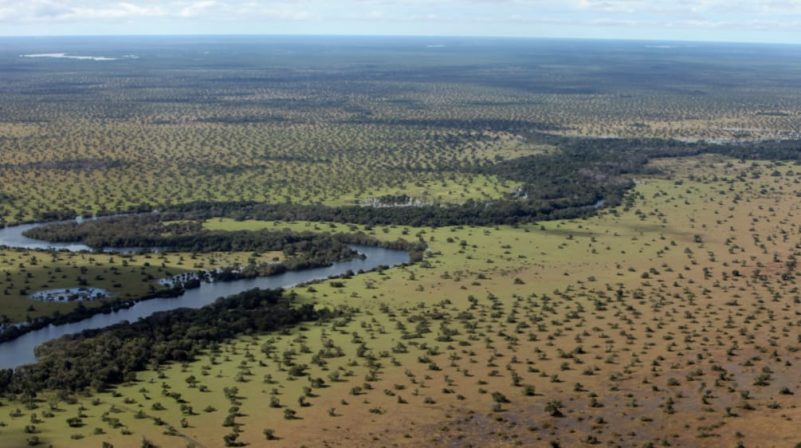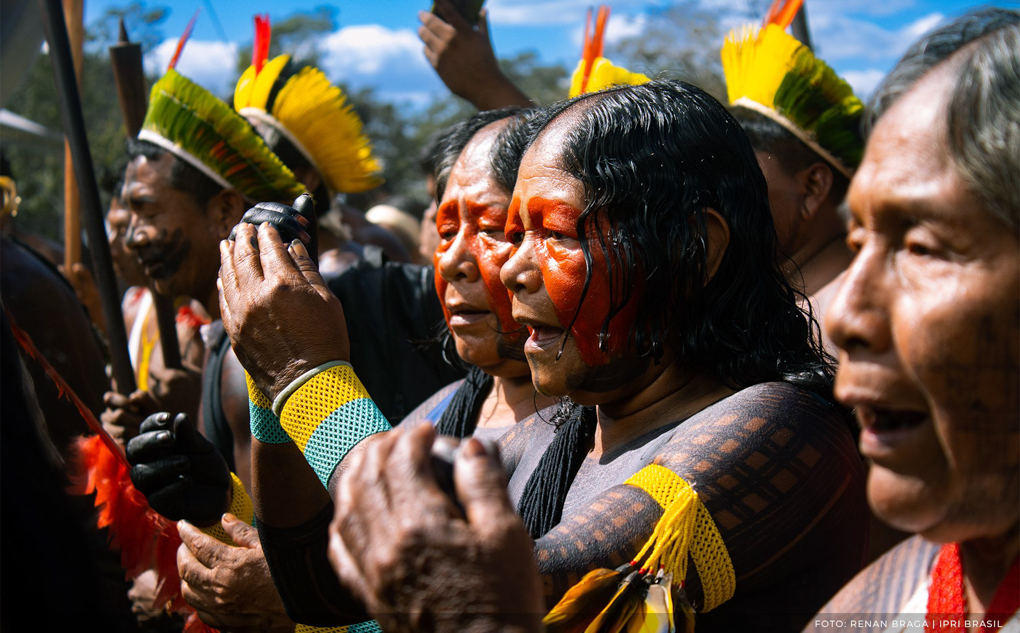The European Union wants to ensure that the agricultural products it imports are not linked to the deforestation of forests. The indigenous peoples of Brazil criticize the new European legislative initiative in this regard as insufficient. They demand that it include all ecosystems in addition to forests and respect their rights.
The Association of Indigenous Peoples of Brazil APIB calls on the European Union to urgently improve a legislative initiative of the European Commission. Not only tropical forests, but also the rights of indigenous peoples and all the ecosystems they inhabit must be protected from destruction.
With the campaignWe are all ecosystems“, the organization is also trying to include in the new legislation all other ecosystems inhabited by indigenous peoples in Brazil. Because in its current version, the regulation envisaged by the EU only takes into account forest areas.
Contents
New European regulations
New EU rules will require companies to ensure that agricultural and forestry products sold in the EU have not been produced on deforested or degraded land anywhere in the world. They include timber, coffee, cocoa, palm oil, cattle, and soy, as well as products made from them, such as furniture, chocolate, beef, and leather.
However, not only forests, but many other ecosystems are massively affected by the expansion of agriculture and the loss of biodiversity it entails. In Brazil, these areas include the savanna of firmvery rich in species and carbon, the grasslands of the Pampas in the south of the country and the Pantanal, the largest inland tropical wetland in the world.
Already in June, APIB representatives highlighted the weak points of the EU legislative initiative during a European tour and demanded corrections. On 14th September the European Parliament approved by a large majority at first reading the legislative initiative on agricultural products without deforestation.
“It is now important to improve EU regulationsays Klaus Schenck, forest and energy expert at Salva la Selva. “Regulating the protection of nature only by the settlement of trees is not enough. All ecosystems must be included in the final text of the law. Even ecosystems with few trees are extremely important for biodiversity conservation, climate protection and the lives of indigenous peoples“.
For the EU regulation to be finally approved and enter into force, new votes between EU member states and the European Parliament are needed.

Millions of hectares deforested
According to the Food and Agriculture Organization (FAO), over the past 30 years, 420 million hectares of forests have been felled worldwide, an area larger than that of the EU. According to the FAO, the main driver of deforestation is industrial agriculture, particularly cattle ranching and the cultivation of soybeans and palm oil.
In Brazil, cattle pastures, soybean monocultures and eucalyptus plantations are also spreading across the 175 million hectare Cerrado savannah. More than half of the savannah areas have already been destroyed for this purpose, according to the FAO.
ecoportail.net
Character font
